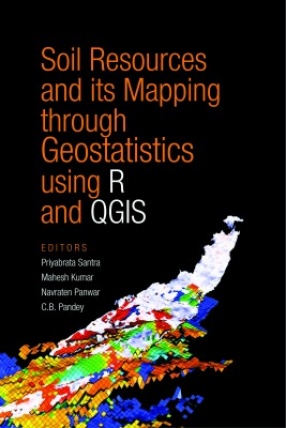Environmental Governance deals with the correlation and interface among the Government and non-Government authorities, their procedures and methods, in making environmental decisions. It lays emphasis on the fact that environmental decisions should be arrived at taking a fair approach with particular emphasis on the need for citizens and interest groups, and communities must be allowed to participate and have their voices heard in environment decision-making. The study of environmental governance does not only stop at public participation in environment decision-making. It also makes us realize that as vigilant citizens, individuals also play a major role in promoting and preserving the environment through the mechanisms of environmental governance. Good environmental governance is measured by the effectiveness of strategies and initiatives implemented to achieve goals of increased access to environmental information, participation and justice based on the principles laid down in various international environmental instruments. The book has been formatted in three sections. While section I comprises articles which introduce environmental governance and emphasizes that governance of the environment should be conducted with strong public involvement and backed by authoritative commitment, its various facets namely, environment accounting, environment impact assessment, public participation, the role played by the environment courts in promoting environmental governance and the effectiveness of law-making in the area are dealt with in section II. Finally, section III deals with the experiences of environmental governance at the local level, and upholds the necessity of governance of various components of the environment.
Environmental Governance: Concepts, Relevance and Lessons
In stock
Free & Quick Delivery Worldwide
reviews
Bibliographic information
Title
Environmental Governance: Concepts, Relevance and Lessons
Author
Edition
1st ed.
Publisher
ISBN
9788131419038
Length
304p.
Subjects








There are no reviews yet.